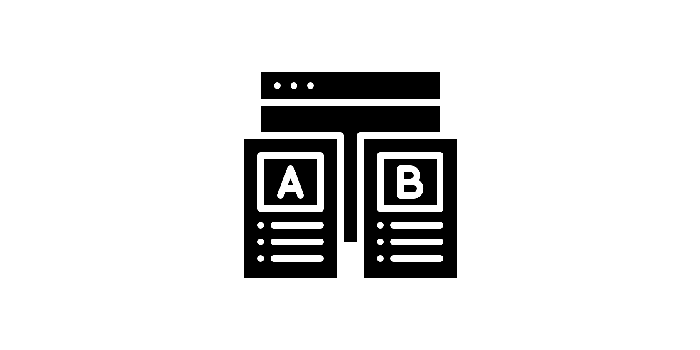Marketing Automation Tips for Small Businesses in 2024
Unlock the full potential of your marketing strategy by leveraging cutting-edge automation tools in 2024.
Why Marketing Automation is Crucial for Small Businesses
In the competitive landscape of 2024, marketing automation has become an indispensable tool for small businesses. It allows businesses to streamline their marketing efforts, saving time and resources while ensuring consistent engagement with potential and existing customers.
Automation can help small businesses scale their marketing activities without the need for substantial human resources. From email marketing and social media posts to customer relationship management (CRM) and lead generation, automation ensures that every customer interaction is timely and personalized, ultimately driving higher conversion rates and customer satisfaction.
Top Marketing Automation Tools to Consider in 2024
As technology evolves, new and improved marketing automation tools continue to emerge. In 2024, some of the top tools to consider include HubSpot, Mailchimp, ActiveCampaign, and Zoho CRM. These platforms offer a variety of features tailored to meet the unique needs of small businesses, such as automated email campaigns, social media scheduling, and detailed analytics.
Each tool has its strengths; for instance, HubSpot excels in its robust CRM capabilities, while Mailchimp is renowned for its user-friendly email marketing features. ActiveCampaign offers advanced automation workflows, and Zoho CRM provides an integrated approach to managing sales, marketing, and customer support. Choosing the right tool depends on your specific business needs and budget.
How to Implement Marketing Automation Without Breaking the Bank
One of the common concerns for small businesses is the cost of implementing marketing automation. However, there are cost-effective ways to integrate these tools into your marketing strategy. Start by identifying your primary marketing goals and the features you need most. This helps in selecting a tool that offers the best value for your investment.
Many marketing automation platforms offer tiered pricing plans, allowing you to start with basic features and upgrade as your business grows. Additionally, take advantage of free trials and demo versions to test different tools before committing financially. Investing in training for your team can also optimize the use of these tools, ensuring you get the most out of your investment.
Personalizing Customer Experience Through Automation
Personalization is key to successful marketing, and automation makes it easier to deliver personalized experiences at scale. By leveraging data and customer insights, marketing automation tools can tailor messages and offers to individual preferences and behaviors. This level of customization not only enhances customer engagement but also builds brand loyalty.
For example, automated email campaigns can segment your audience based on their purchase history, browsing behavior, or demographic information. This ensures that each customer receives relevant content, whether it's product recommendations, special offers, or personalized follow-up messages. Automation also enables real-time responses to customer actions, providing a seamless and responsive customer journey.
Measuring Success: Key Metrics for Automated Marketing Campaigns
To gauge the effectiveness of your automated marketing campaigns, it's crucial to track key performance metrics. Some of the essential metrics include open rates, click-through rates, conversion rates, and return on investment (ROI). These metrics provide insights into how well your campaigns are performing and where adjustments may be needed.
Additionally, monitoring engagement metrics such as website traffic, social media interactions, and customer feedback can help you refine your strategies. Marketing automation tools often come with built-in analytics dashboards, making it easier to track and analyze these metrics in real-time. Regularly reviewing these metrics ensures that your marketing efforts are aligned with your business goals and continuously improving over time.
.png?width=200&height=67&name=Plan-de-travail-3@2x%20(2).png)
.png)

.png)